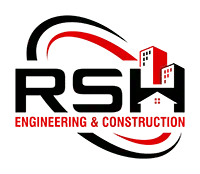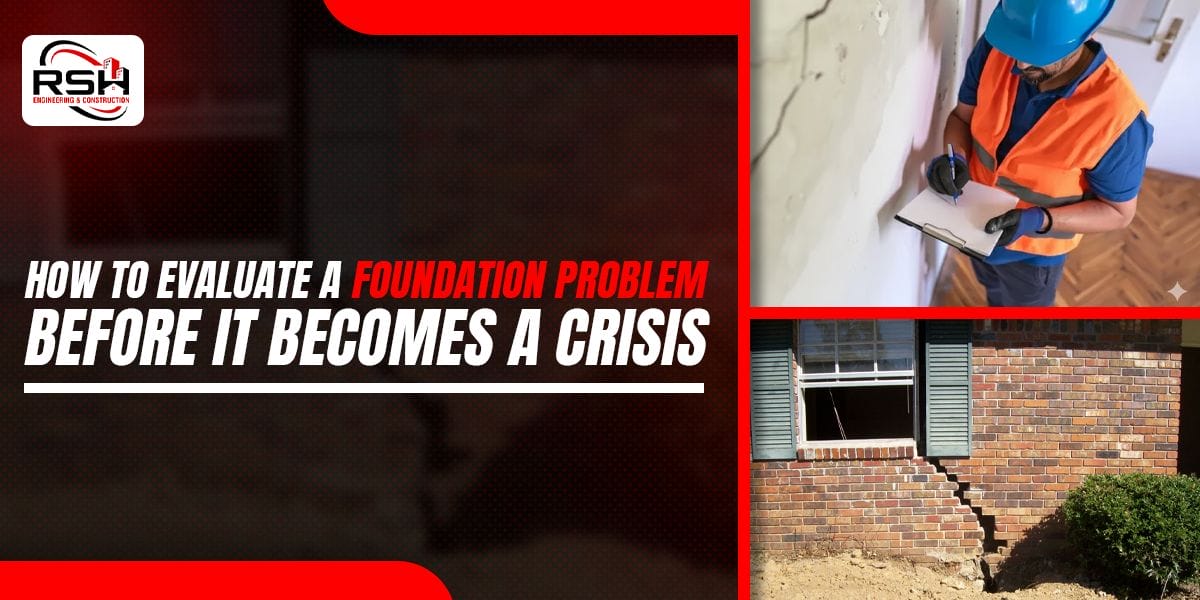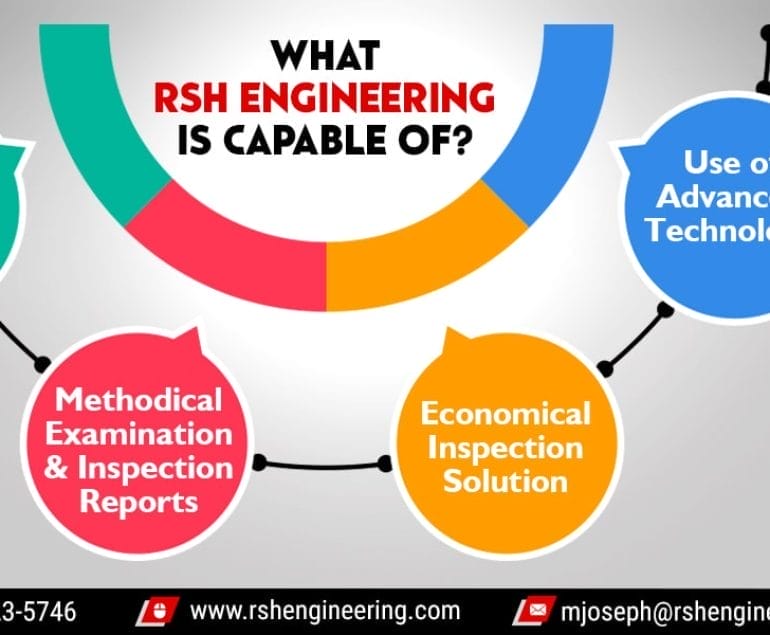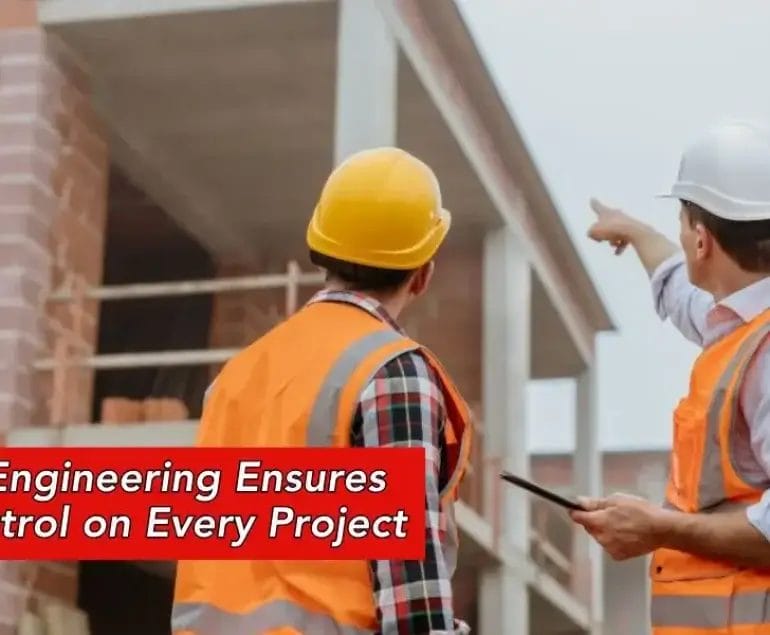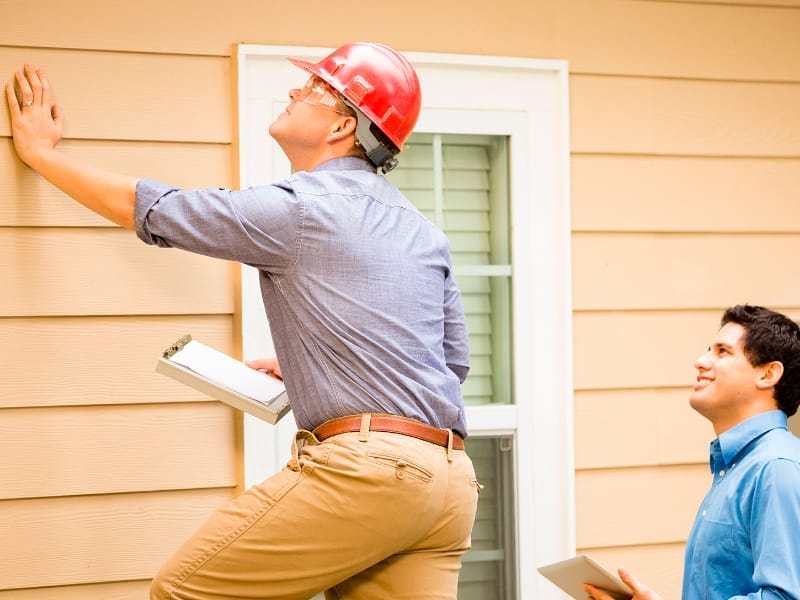The Homeowner’s Foundation Health Report by RSH Engineering & Construction, your trusted foundation experts.
Every home reflects it’s age after years, but when the ground beneath starts whispering warnings, only a foundation problem evaluation can reveal the truth.
At RSH Engineering & Construction, we treat every property like a patient under a health check. Let’s begin your Foundation Health Report before those tiny cracks turn into major chaos.
Initial Symptoms—The Early Signs That Speak Loudly
Every crisis starts with a small symptom. Do you see hairline cracks on walls? Doors that drag? Floors sloping slightly? These are classic signs of foundation problems often ignored, yet they are the very first alerts your house sends out.
RSH Engineering & Construction Engineers Say: “If you can slide a coin into a wall crack. Call us.”
It might not be urgent yet but it’s definitely not nothing.
Background Check—The Story Beneath the Surface
To evaluate home foundation problems, you must first understand their roots, literally. Your soil moves. It expands when wet and shrinks when dry. That shift exerts invisible pressure on your foundation.
Over time, this cause uneven settlement. In our field reports, 7 out of 10 homes show distress due to improper grading or poor moisture control.
The Assessment—What a Real Foundation Evaluation Looks Like
A foundation assessment isn’t an imagination, it’s science. At RSH Engineering & Construction, we deploy laser levels, floor elevation mapping, and soil moisture analysis to diagnose movement precisely.
Think of it like a medical scan for your home’s bones. We document tilt angles, check pier integrity, and track soil behavior over time. It’s dats-driven, visual, and conclusive.
Routine Check-Ups—Why Foundation Inspections Save Thousands?
A foundation inspection should never be a one-time event. Like regular health checkups, they keep hidden issues from becoming emergencies. Even a half-inch shift detected early can prevent a $20,000 (approx) repair later.
We recommend scheduling inspections annually or after major weather events like floods, droughts, or nearby construction.
Consulting the Specialist—The Structural Engineer’s Verdict
When deeper issues arise, only a structural engineer can translate cracks into calculations. They evaluate load-bearing walls, soil reaction curves, and stress patterns within the foundation.
Our engineers at RSH Engineering & Construction analyze not just “what’s wrong” but why it’s happening, making sure solutions that are permanent, not just cosmetic.
Damage Report—Recognizing True Signs of Foundation Damage
Cracks are storytellers. Vertical ones? Usually shrinkage. Diagonal ones? Possible settling. Horizontal ones? Serious signs of foundation damage demanding immediate attention.
Other indicators includes chimney separation, door gaps, or flooring that creaks where it shouldn’t. If your house feels “off-level,” your instincts are probably right.
Technical Evaluation—The Structural Evaluation Phase
A structural evaluation digs deeper than appearance. It measures structural resilience, how much home can bear before it bends.
At RSH Engineering & Construction, we perform tikt analysis, load tests, and compare readings against regional soil behavior data. It’s precision work, where every millimeter counts.
Cause Analysis—Cracks and What They Reveal
Understanding the cause of foundation cracks helps prevent recurrence. Dry soil pulls away from the slab, creating gaps. Tree roots invade moisture zones. Improper drainage floods one side more than the other.
Each of these scenarios produces different crack signature. And knowing which one you have determines whether you need underpinning, pier adjustment, or simple drainage fixes.
Environmental Factors—How Soil and Weather Collaborate Against You
Texas clay, for example, expands up to 15% with rainfall. That’s like lifting your entire living room by half an inch.
So when homeowners skip their foundation problem evaluation during monsoon or drought cycles, they risk unseen shifts.
Consistent soil moisture is the secret weapon for long-term stability. Simple solutions like soaker hoses and perimeter drains can make a massive differences.
Homeowner’s Action Plan—What You Can Do Today
- Document everything – Take photos of every new cracks.
- Check drainage – Water should flow away, not toward your home.
- Control vegetation – Don’t let roots compete with your soil’s moisture.
- Schedule inspection – Make it part of your home’s annual wellness plan.
- Call professionals early – DIY fixes hide, not heal, and structural damage.
The Cost Perspective—Why Waiting Is More Expensive
Neglecting evaluation is like ignoring chest pain, hence cheap today, costly tomorrow. Homeowners who avoid early foundation assessment end up paying triple once structural movement escalates.
At RSH Engineering & Construction, our motto is: “Inspect before you inject money into repair.” Preventive evaluation is protection, not expense.
Future-Proofing—Securing Tomorrow’s Stability
Once stabilized, maintain balance. Monitor seasonal soil changes. Keep plumbing tight. Protect slabs with proper sealing.
We offer ongoing monitoring programs that track foundation health digitally, a modern approach to peace, where your home deserves the same care you give your health. Both are lifelong investments.
Conclusion
A foundation problem evaluation isn’t about fear, it’s about foresight. Your home stands on trust and ground integrity. Don’t let neglect erode that foundation. Trust RSH Engineering & Construction, where every evaluation is a promise of safety, science, and stability.
Frequently Asked Questions About How to Evaluate a Foundation Problem Before It Becomes a Crisis:
Q1: What are early signs I might have foundation issues?
A1: Watch for cracks in walls, stuck doors, and sloping floors, these signs of foundation problems are the earliest red flags.
Q2: Do I really need a structural engineer for small cracks?
A2: Yes, even small cracks can signal stress distribution issues. A structural engineer makes sure the problem isn’t deeper than it looks.
Q3: How should I evaluate my foundation?
A3: A professional foundation inspection once a year or after extreme weather keeps your property safe from silent deterioration.
